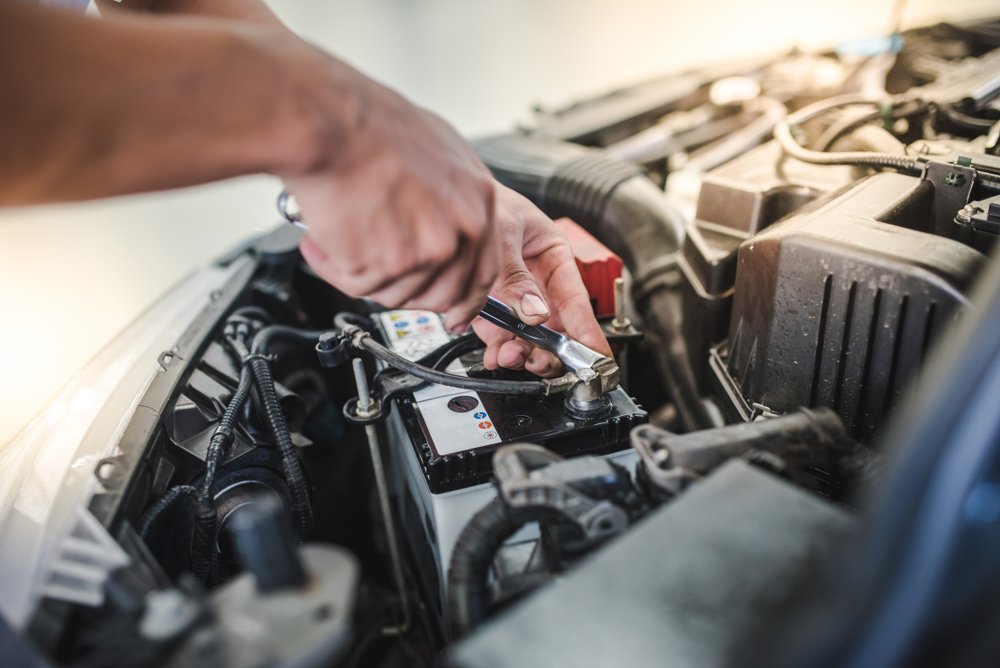Revive and Thrive: Ensuring Your Car Battery in Top Shape
One vehicle battery is the heartbeat of your automobile, supplying everything from the starter to the vital electronics that maintain you connected on the path. Regardless of whether you are traveling to the office, starting on a travel, or just doing errands around town, a dependable battery is crucial for your peace of mind. Unfortunately, many drivers take their vehicle battery for overlooked, only noticing problems when they occur, often causing inconvenient breakdowns and high-priced replacements.
Caring for your car battery does not have to be a difficult task. With consistent care and attention, you can extend its duration and secure seamless operation whenever you need your automobile. From inspecting the cables and wiping the terminals to tracking the battery's health, there are several straightforward steps you can take to keep your vehicle's battery running at its optimal. By investing a little energy and work, you not only avoid the hassle of unexpected problems but also enhance the overall efficiency of your automobile.
Comprehending Car Battery Principles
A car battery is an essential component of your car, providing the electrical energy needed to start the motor and run various electronic systems. Most car batteries are types of lead-acid, composed of lead electrodes submerged in a sulfuric acid solution. This process generates electricity, which is then stored for application. Understanding how yuasa battery is important for preserving its integrity and durability.
Over time, automobile batteries can reduce their effectiveness due to various reasons such as age, cold, and how they are used. An average automobile battery lasts around 3 to 5 years, but extreme weather conditions can diminish its duration considerably. Consistent upkeep can allow you to maximize your car battery and avoid unexpected breakdowns. Knowing how to identify signs of wear and tear is important for ensuring your automobile in top shape.
Moreover, maintaining your car battery free of dirt and securely mounted is important for peak performance. Rust can accumulate on battery terminals, leading to weak connections and decreased power. Regularly checking for corrosion and cleaning the terminals can assist in preserving a dependable connection. By understanding these fundamentals, you can make proactive efforts to ensure your automobile battery remains in excellent shape, prepared to serve you when needed.
Advice for Looking After Your Car Battery
Regularly checking your car battery is essential for its longevity and performance. Begin by checking the connections for any buildup, which can restrict electrical flow. If you notice any accumulation, clean the terminals with a combination of baking soda and water, using a wire brush to eliminate deposits. Always ensure the battery is unplugged before cleaning to stop any electrical issues.
Keep an eye on the battery fluid levels if your battery has removable caps. Low fluid levels can lead to excessive heat and reduced battery life. If necessary, add purified water to bring the levels up, making sure not to overfill. This simple check can help ensure optimal performance and prevent unexpected failures.
Lastly, consider the climate and how it influences your battery. Extreme temperatures can deplete battery life more quickly. During hot months, park your vehicle in covered areas or garages whenever possible. In winter, verify your battery is fully charged, as cold weather can significantly reduce its capacity. Frequently starting your car during prolonged periods of inactivity can also help keep the battery in good health.
Signs That It's Time for a Battery Replacement

One of the initial indicators that your car battery may need replacement is difficulty starting the vehicle. If you notice that the motor is cranking more slowly than normal or if it has a hard time to ignite altogether, this can suggest that your battery is losing its charge and may soon fail. Pay attention to any unusual noises or a sluggish reaction when you insert the key in the ignition, as these are often early indicators of problems with the battery.
Another key sign to watch for is the existence of rust around battery terminals. This white, ashy substance can accumulate over time and hinder the capacity to maintain a strong connection with the car's electrical system. If you see signs of corrosion, it may impact performance but could also mean that your battery is nearing the end of its lifespan. Keeping an eye on the cleanliness of the terminals is essential for ensuring optimal performance.
Lastly, if the car’s electrical systems, such as the headlights or the interior lights, are fading or blinking, this could suggest battery problems. These signs indicate that the battery may not be supplying enough power to the car’s electrical system. If you notice these issues often, it is a clear signal that your car battery should be tested or replaced to prevent being stranded due to a complete power failure.